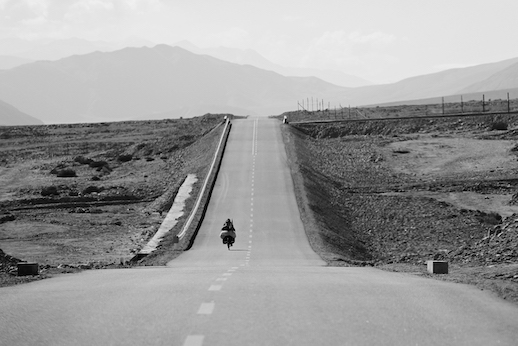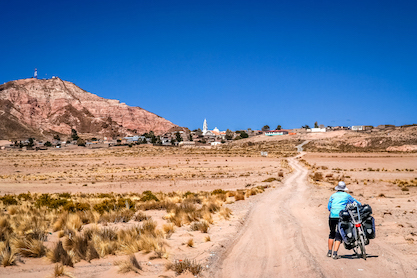
An Introduction to Bikepacking:
Exploring the World on Two Wheels
Bikepacking is a unique blend of bicycle touring, camping, and adventure that has captured the hearts of countless outdoor enthusiasts. This exciting activity allows riders to cover long distances on two wheels, explore off-the-beaten-path destinations, and immerse themselves in nature, all while carrying essential gear for self-sufficiency. If you're intrigued by the idea of combining cycling and camping to embark on a memorable journey, this introduction to bikepacking is the perfect starting point. Here, we'll cover the basics of bikepacking, including the necessary gear, route planning, and tips for a successful adventure.
Bikepacking Time!